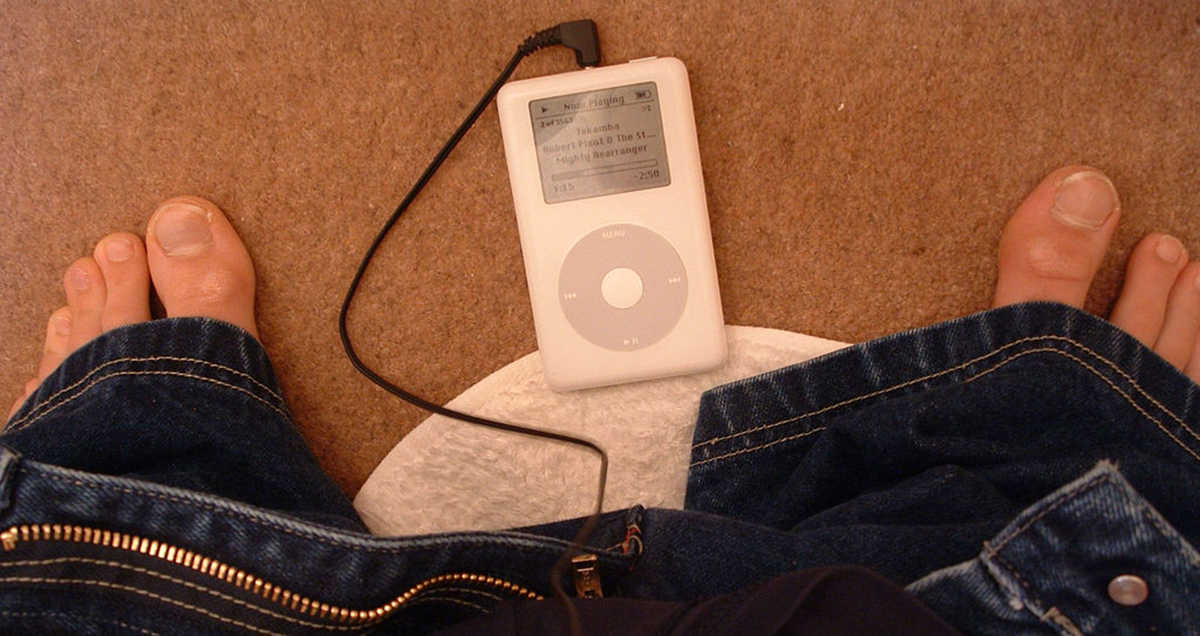Table of Contents
Research conducted on 21 healthy people to measure their digestion time showed an average of 39 hours, which could be due to our changing lifestyle, consumption of more processed foods than raw foods, more sedentary work styles and other modern-day lifestyle issues. [4]
Anyone suffering from chronic constipation or loose stools, abdominal cramping, diarrhea and a bowel transit time of less than 10 hours or more than 30 hours should seek the advice of a physician or a medical professional who may suggest you to undergo certain tests assessing you for any inflammatory bowel disease, food allergy or sensitivity, ulcerative colitis, and endocrine disorders. The doctor may check other features of feces too like color, texture, consistency etc to know what’s actually happening in your gastrointestinal tract.

How Can You Improve Your Food Transit Time?
Transit time varies from individual to individual based upon their diet, metabolic rate, overall health and activity levels. If you are worried about your bowel transit time, making small adjustments to your daily schedule can help in improving your rate. Starting an exercise program or shifting to a healthy, more fibrous diet are some of the habits which one should inculcate in their routine.
The following tips are some of the ways by which you can improve your bowel transit time:
- Exercise. Food and digested material in our digestive tract moves through a series of muscle contractions called peristalsis. A sedentary lifestyle slows the process of peristalsis and thus also slows transit time. So, it is important to at least perform light exercise for 30 minutes daily. Walking, doing breathing exercises, or doing light stretching exercises would be a good starting point. Even household chores count as physical activity. [5]
- Diet. Fiber is an essential component of any diet. A person should consume around 30 to 40 grams of fiber daily for optimal health. Good sources of fiber may include fresh fruits, leafy vegetables, and whole grains. Fiber stimulates the muscle contractions and pushes the food along the digestive tract. If you consume very low amounts of fiber, try to increase your fiber intake gradually. Adding too much fiber too quickly in one’s diet may result in uncomfortable symptoms like abdominal cramps, gas, and bloating. Also avoid sodas and fizzy drinks. [6]
- Water intake. Drink at least eight glasses of water daily, if you lead a normal active life and live in a temperate climate. If you exercise or sweat a lot, drink more to make yourself hydrated and your feces moist. A higher water content in the body improves the transit time through your digestive tract. Also, if you see your urine color is dark yellow or brown, this is an indication that your body is dehydrated and you urgently need more water.
If you are already taking any medication for bowel disorder, it’s better to consult your doctor before making any changes in your diet. Also, there may be an initial period of a week or two when one may experience more of gas and bloating as your body is adjusting to change in pH levels of your intestine. Do not worry, though: once the body adjusts, your stomach will be flatter and there will be no gas or bloating.
Last, but not least, people with conditions such as diabetes or Parkinson’s disease are more likely to experience constipation, or people who take drugs, such as codeine etc. may experience constipation. If you are suffering from chronic constipation, it is possible that diet and lifestyle regimes may not be enough to resolve your constipation and other digestive problems. Please consult your doctor, perhaps he will prescribe laxatives. Be aware — you should not self-medicate and use laxatives.
- Photo courtesy of D Sharon Pruitt via Flickr: www.flickr.com/photos/pinksherbet/4424308439
- Photo courtesy of Rob Milsom via Flickr: www.flickr.com/photos/wizziebob/34893633

